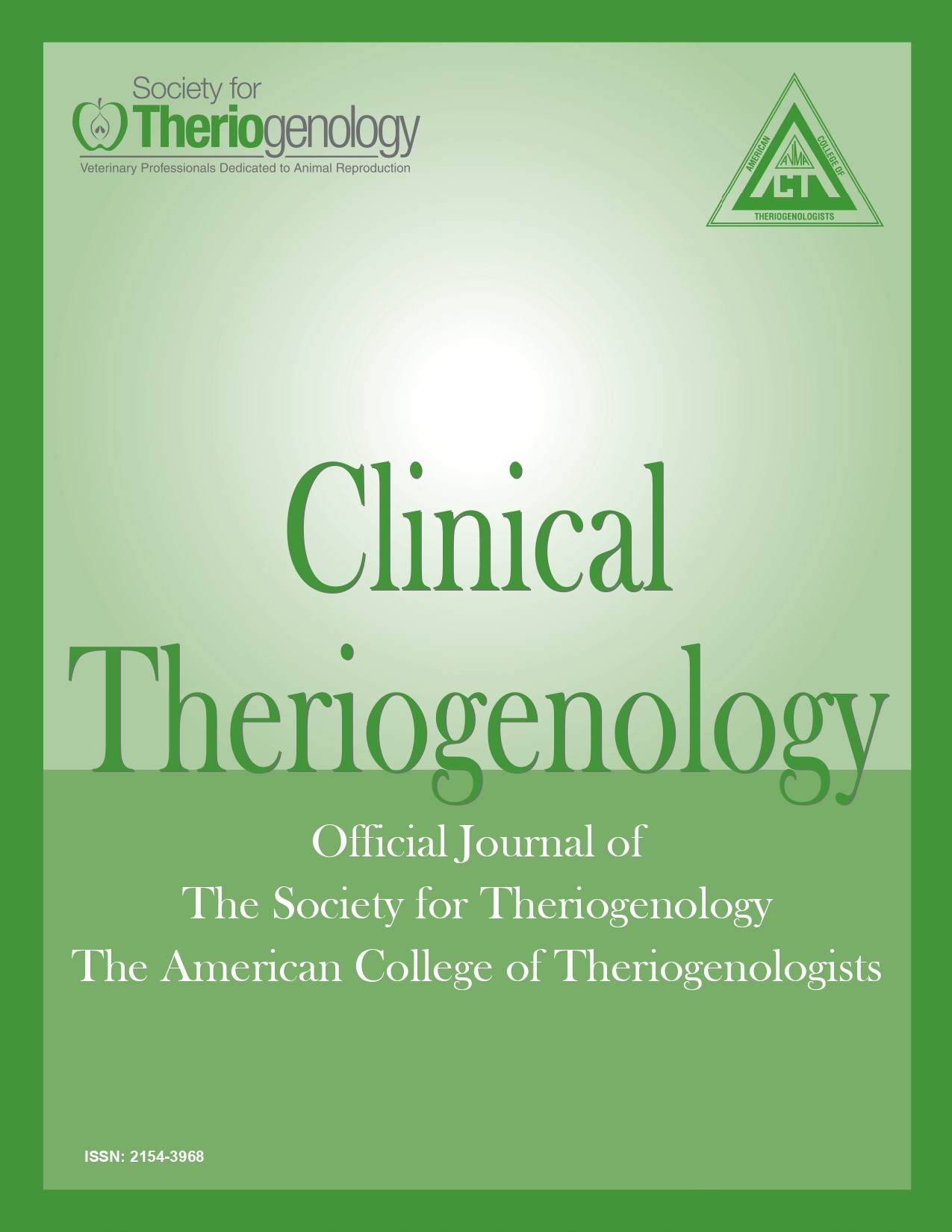Personalized medicine: the future of veterinary medicine?
Abstract
A patient presents with hyperglycemia and polyuria/polydipsia. A physical examination and basic bloodwork are performed. The diagnosis is diabetes mellitus and the patient treated accordingly. Clinical signs of disease may be similar in most patients with diabetes mellitus; however, the underlying cause can differ. Therefore, one standard therapy will not always result in a successful outcome. Also, adverse effects of treatment may occur due to differences in each patient’s physiology or genetic makeup. Personalized medicine implies not just treating clinical signs (i.e. reducing blood glucose concentrations to a physiologic range, as in this case), but genetically dissecting cause of disease, considering genomic variability and t developing a more focused treatment. This has already been successfully applied in the field of cancer; for example, adoptive T cell immunotherapy using autologous T cells for non Hodgkin’s B cell lymphoma in dogs, developed at PennVet, is an example of personalized veterinary medicine. Rather than “blasting” a patient with systemic chemotherapy, the patient’s own T cells are genetically modified to specifically recognize B cells and eliminate them without affecting other cell lineages. Personalized or precision medicine can be divided into 3 basic categories: cause of disease (diagnostics/genomics), responses to drugs (pharmacogenetics) and oncogenomics. Diagnostics do not just include familiar technologies, e.g. radiographs and bloodwork, to characterize phenotypic presentation of disease, but also description of a possible underlying genetic cause through genome wide association studies and sequencing individual genes. Identifying specific gene defects can direct treatment or assist in evading triggers for disease manifestation, e.g. avoiding ivermectins in MDR1 positive Collies. A newer method of discovering potential mechanisms or indicators of disease is presenting data from diseased individuals to computers capable of deep learning to develop algorithms for these specific diseases. Once algorithms are established, an individual patient can be assessed for their location within the spectrum of disease and personalized therapy instituted. In reproduction, an exciting example is to load videos of sperm movement from thousands of individuals into a computer that then learn to identify sperm that fail to conform to what has been established as normal, identifying a possible cause of infertility in a patient. Although this method does not allow for determination of what the underlying defect is, it may have identified an individual with a disease process that our normal methods of investigation may not have identified. Pharmacogenetics is another up and coming aspect of personalized medicine, in which genome variations are identified that determine how a patient might react to a particular medication. As veterinarians, we recognized that specific drugs are not always effective in or tolerated by various species. However, even within a species, there are breeds or even individual animals that cannot process certain drugs or have side effects not present in others. Lastly, as briefly mentioned above, cancer genetics has been at the forefront of personalized medicine, both in humans and animals, particularly dogs. With widespread genetic screening in dogs, disease mechanisms and drug actions/interactions can be elucidated, enabling personalized therapies immediately or in the future. In the meantime, we as veterinarians need experts in genetics to help us interpret results and counsel our clients.
Downloads

This work is licensed under a Creative Commons Attribution-NonCommercial 4.0 International License.
Authors retain copyright of their work, with first publication rights granted to Clinical Theriogenology. Read more about copyright and licensing here.





